Lana Al TaweelClinical Psychologist and founder of Be Well
Amman
Amman
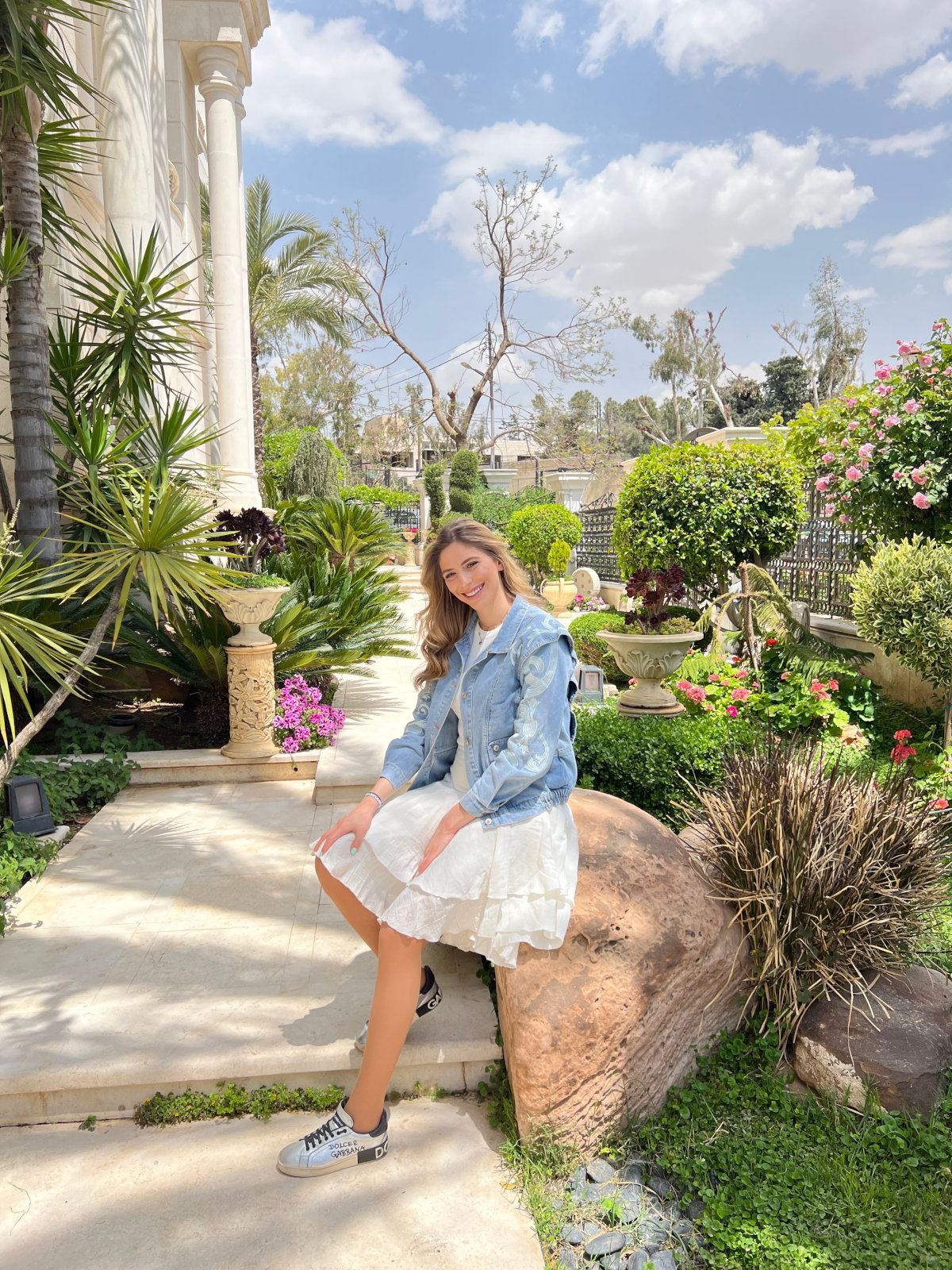
Hello and welcome to the silk narratives. The expression wise, beyond her years was coined to cater for people like Lana Al Taweel, my guest for today. Lana grew up in Amman. She studied clinical psychology and is now pursuing her masters at King’s College London. Lana’s life has been dedicated from an early age to providing comfort and support to those in need, including at times her loved ones, her strong sense of compassion and palpable desire to make a difference in other people’s lives has led her to establish the very successful be well, an organization that offers a safe space for those seeking to better understand themselves, a small peaceful revolution in a society where mental health is still not being taken as seriously as it should. Lana is the very embodiment of humane success. It is why I’m most delighted to have her with me today. Lana, thank you so much for joining me.
Thank you for having me.
Lana, I get the sense that you have a very clear vision, which is really impressive. And I believe an initiative such as be well can only stem from someone who has a great deal of sensitivity and a certain sense of self-awareness themselves. How did your personal journey lead you to here?
So first of all, as a kid, I really had difficulty trying to explain the way I felt verbally. So I always sought to do this through art and music. To me that was a form of communication and that really helped me build my emotional awareness and sensitivity towards myself and the world around me. Working with the people from a young age also opened my eyes to the different struggles that people may face during their lifetime. And that just helped me empathize with people.
You also mentioned that you started volunteering getting involved into charity work from an early age as well, making you aware of the suffering of others and feeling a certain responsibility towards them, to help them and perhaps make their lives better. Can you tell me more about that?
Very much so, especially locally. There's little support, financial support, governmental support in the region, except for the Gulf where there is more support. But we have such a plethora of talent and art from a very very long time ago. I mean, Iraqi artists have been known for decades and decades. And the entire region, I mean, from North Africa to the Gulf, to our region, to the Levant. There's a lot of talent and we want to showcase that. We want to show that to the world.
Yeah, so I’ve been volunteering with different charities and organizations since I was 14 years old. My main aim was to just try to support and help children in need and the elderly. I mostly worked with children who have faced trauma or domestic violence and abuse. Through my experience with different charities, I got to explore the different effects that trauma has on an individual and the extent to which their psychological wellbeing can be affected. And that just opened the door for me to explore, what a human being is on a deeper level. So I started reading a lot about psychology, I started meditating, I started exploring myself in terms of my existence in this world and within myself as in my personal identity. And that introduced me to a world that I found so fascinating and intriguing.
So you felt that this is probably your calling, it’s your life mission to do something about this, and you did explain to me that at times it did feel a bit too daunting, too heavy, because we cannot remain unaffected, when we see others suffer or live in difficult conditions.
So in order to empathize with different people, you need to be compassionate. And on a certain level, you need to actually feel what other people are feeling. Although, this can be really, really difficult. And because I started working in this field at a very young age, I was really affected at first. I used to always go back home to my mom and just ask her, why are people living this way? why do I get to live a good life when others are suffering? And I remember my mom just telling me it’s all in how I choose to perceive it. That I should focus on how I can help people to improve their lives. This shift in mindset and focusing on what I can do made me fall in love with what I do even more.
But then when you are as a person, someone who has by nature, so much empathy, so much compassion in order to be able to withstand or to do well doing what you do, you need to also build a sort of resilience and strength. And a reminder of why you do what you do.
Exactly. So actually at a certain time in my life, I went through a phase of depression and anxiety. And that was because I partly forgot that I was human and I started blaming myself and questioning whether I am a good psychologist because I’m experiencing negative emotions. Since then, I promised myself to just never, ever forget that I’m human as well. And that I should embrace all those feelings the positive and the negative, and to practice self-care in order to be able to be able to take care of others.
Sometimes we get lost into trying to be of service to those around us, to, to loved ones that we might forget ourselves in the process. And the thing is, I feel like in order to show up and be strong for others, you need to practice self love and be compassionate with yourself, which I think ultimately can be the biggest challenge.
I agree. It was actually quite a challenge to become vulnerable through the page I created. I actually started sharing the way I feel with my audience and I think that was very helpful because it kept reminding me that I’m also human and that be well, isn’t just a space where I’m just supporting other people’s mental health, but it’s a space for everyone, including myself as a human, to just feel free to express myself and speak about mental wellbeing.
In general, when you look at the Middle East, I feel like mental health is not being taken as seriously as it should. I get the the feeling when I look at your page that you’re trying to democratize the subject, in normalizing speaking about mental health and portraying it as a priority..
Definitely. So living in the Middle East, I actually got to experience the stigma myself and my family got to experience it as well. I actually remember a time when I was telling my grandparents that I wanted to major in clinical psychology at university and they just didn’t react well at all. because their first reaction was- and I don’t want to offend anyone-‘you’re going to turn insane!’. That way of thinking is just not right. And ever since I’ve been explaining to them what psychology really is and how a person can actually flourish, once they start taking care of your mental health. Because my grandparents also live with us, I actually felt that change and shift in their perspective that when they started becoming more aware of their mental wellbeing they just started accepting the idea more. Because they felt like it was a part of them and they were able to connect with that message. And this is what I try to do through be well. So I try to first highlight the difference between mental illness and mental health. So we all have mental health and that doesn’t necessarily mean we’re mentally ill, or we’re facing mental challenges. I believe that once we start learning more about mental health, that on its own is so powerful to affect your entire wellbeing (positively). So when we start learning about the things that positively affect our mental wellbeing then unconsciously, we’re gonna start putting in the effort to improve our mental health. And so this is why I try to use a psychoeducational approach in everything I do in be well, just to send out that message because it gives people the will and the power to walk in that direction and discover themselves on a deeper level. And in that process, we’re indirectly breaking the stigma.
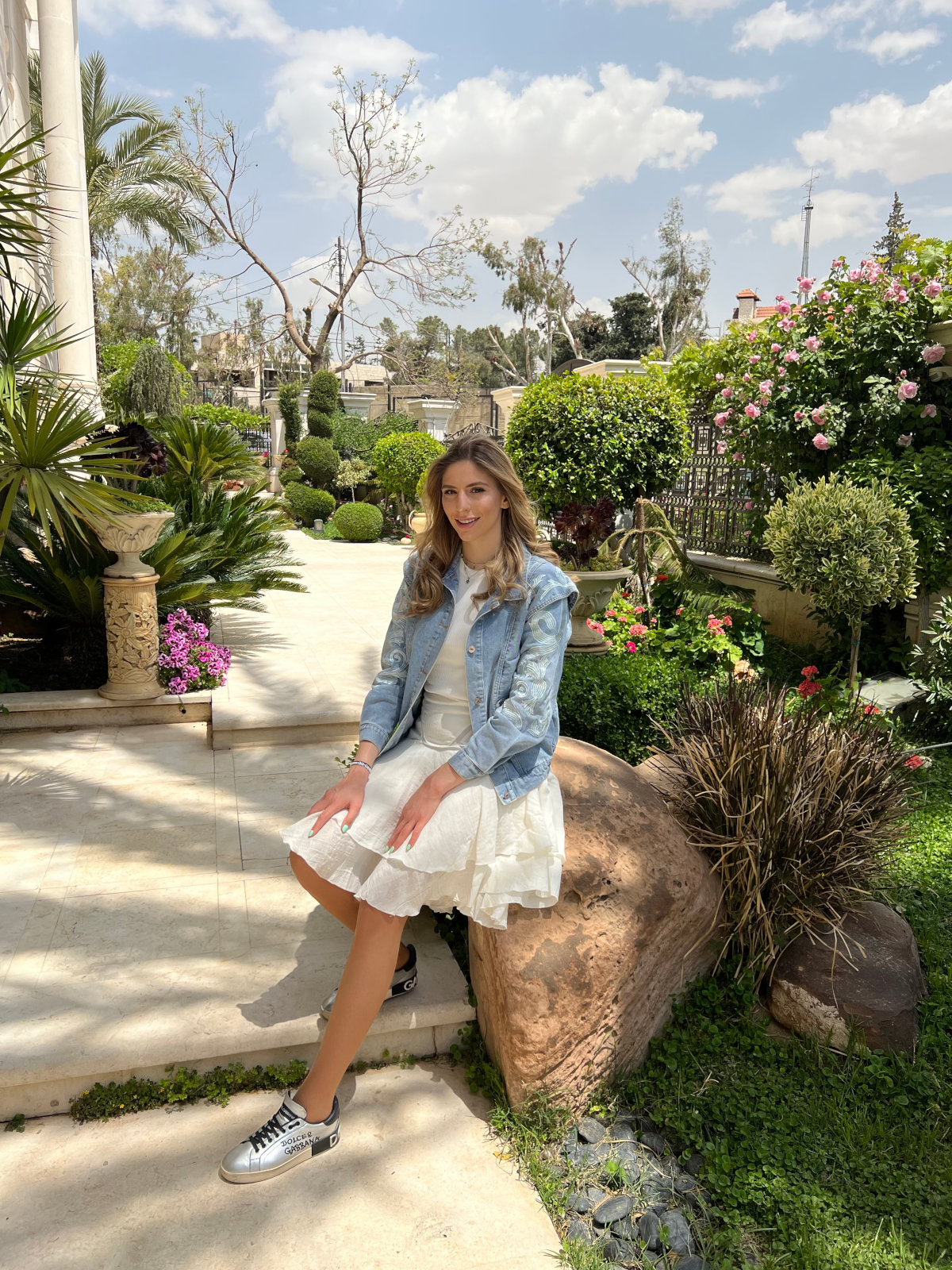
So you are witnessing also a shift in behavior. A shift in how this whole topic is being addressed. I’m sure that you also come across workshop participants who may be resistant to this idea at first. Why do you think there is so much resistance?
I think there is so much resistance because in Jordan, in particular, we grew up in a society that does not accept mental health challenges in general. So we think it’s a shame. For people to be experiencing mental health challenges and that affects things like family’s reputation. But I do witness a great shift in mental wellness in Jordan and perspectives towards mental health in Jordan, especially after the pandemic where people were able to connect more with themselves because they were isolated and a basic need, which is social interaction was taken away from them. So I personally felt like there was more awareness, acceptance, and even response from my community towards the knowledge that I’m providing because people experienced being isolated, loneliness, and all the different emotions triggering that awareness. Our personal experience is a very powerful tool to help people want to improve their wellbeing and accept it as a normal part of who they are.
Lana, what do you consider an essential trait to have in order to be able to reach that happy, balanced life. What do you see that people who are somewhat balanced or relatively balanced, have that others who are struggling do not necessarily have?
So I think resilience is a very important aspect of this. And when I talk about resilience, I’m not just talking about having a positive mindset where you just try and look at everything good happening in the world and just disregard every negative aspect out of this, because this is just completely wrong. And that does the opposite rather than build resilience, because building resilience is acknowledging that bad things can happen in this world. Challenges do exist in this world, but we have the ability to face them and overcome them with different behaviors, different ways of thinking that are scientifically and clinically proven in psychology. So I believe building that resilience has to do a lot with acceptance and it has a lot to do with the effort a person puts towards learning more about who they are.
So what is Lana’s routine to get to that happy place?
So actually I’m going to be vulnerable and talk about this a bit. So I’ve been struggling to do this myself, especially because I work and study at the same time. And that really gives me time to just do the things I love. I don’t regret this decision because I knew that I was compromising certain aspects in my life to reach my goals and dreams.But that doesn’t mean I don’t take a break every once in a while when my body asks for it. And I also try to go to the gym every day. I think that, I owe this to myself because it’s just like my me time, you know, where I just go to the gym, work out for 45 minutes and leave. And I just feel completely in sync with myself, and feel so good afterwards. I also try listening to what my body needs in each moment. So sometimes I just need to rest. Sometimes I just need to sit and just do nothing. Sometimes I feel the need to meditate, whether through traditional meditation or going out for a walk, playing the piano or painting. So, I think there are different ways in which a person can balance their life out and recharge in a way. I just think you need to listen to what your body is trying to tell you.
Growing up Lana, who was your role model?
That’s a difficult question. I’m the type of person who likes to see beauty in everything and just like to find the inspiration in everything even like small things I see on a daily basis the people I meet etc. But if I would choose one person, I think I would choose my older brother because he always puts in the effort to learn more and he always taught me that the more you know, the more you know you don’t know. So he always encouraged that curiosity in me to know more and to put in the effort. He also taught me that nothing in life comes for free, if you want anything in life, then the more effort you put in, the easier it will be to reach it.
What are the values that define you Lana?
I think my highest value is respect on a personal level.I think that we should respect ourselves and we should respect other people around us. And that helps us be compassionate and kind towards ourselves and people around us. I think one of my values as well is knowledge, always seeking knowledge, trying to learn more.
We all grow up with a certain image of the woman that we want to become. Do you feel like you are. On that path to becoming that woman?
absolutely. 100%. Well, I grew up as the only girl between four brothers, so I’ve always been determined to just be myself, assert myself and accomplish things. And I’ve always wanted to prove myself in a male dominant society. So it’s actually a challenge. But I think it’s so beautiful and it taught me so much.
So you’re half way there? What are your dreams for the future?
I wouldn’t say I’m halfway there, I would say I’m still at the start line. Actually. I’m still trying to learn and walk through the process of reaching my vision and my goal. And I really hope I can continue studying and experiencing work in a clinical setting. Opening my own clinic, trying to improve mental health in Jordan in particular and in Palestine as well.
And you mentioned you’re originally from there?
Yes I am. And I actually do visit Palestine every summer. So my ideal future would be working between Jordan and Palestine and just trying to provide support in any way I can. But I really want to change the mental health system in Jordan. I want to make it more accessible. I want to make it more contemporary and normal.
This is exactly the feeling we get when we look at this beautiful project of yours. This is a question I ask all my guests: if you met your younger self, what they would tell her?
I would thank her. I would thank her for being strong. I would thank her for the compromise she did. I would thank her for being brave enough to explore herself and explore psychology and wellness and just challenge society’s perspective on this, because I think this is something so brave to do as a child and it’s not easy at all. I’m so grateful for, for the young version of myself and for having done the work so early on, for being so brave and for putting me on the right path and helping me connect with my higher purpose.
Lana. It’s been really beautiful talking to you, you’re truly a beautiful person inside out and I wish you all the best of luck in growing your amazing project and having more and more people be converts to this way of thinking. I really do believe that change starts with yourself. Thank you so much, Lana
Thank you so much for having me.
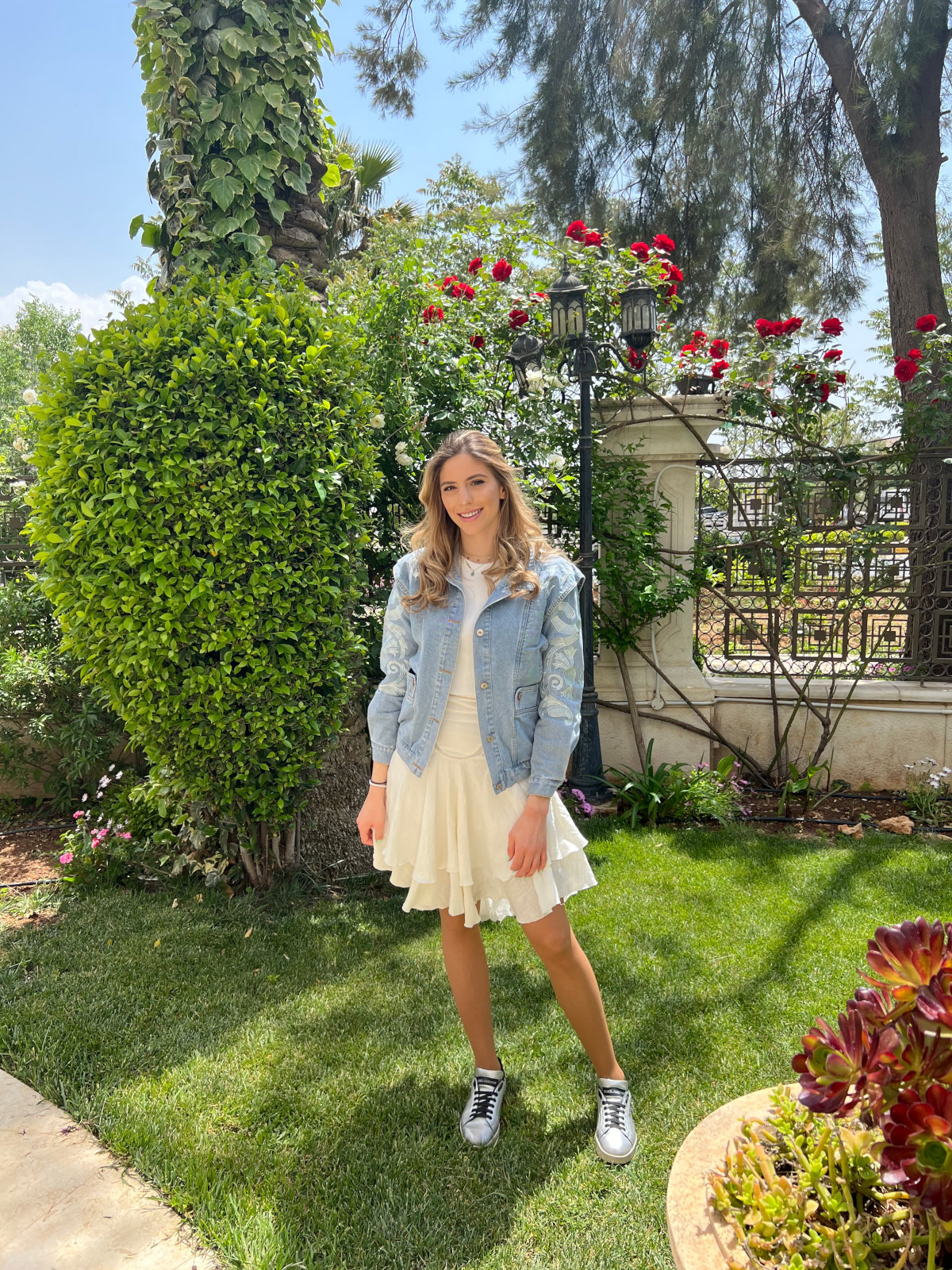

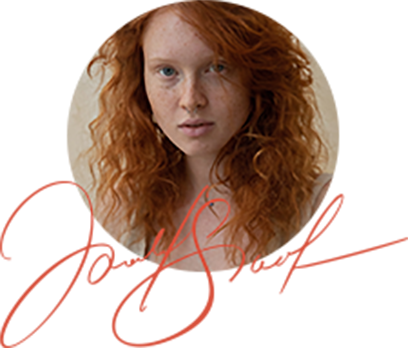
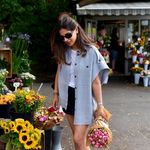

Leave A Comment